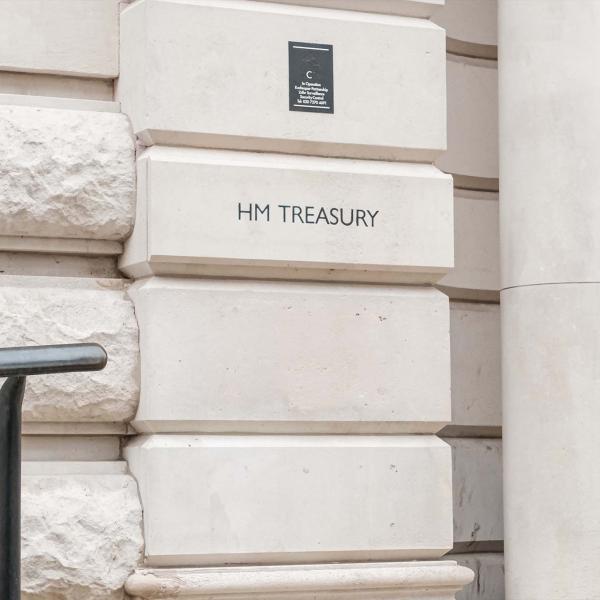David Phillips, an Associate Director at the Institute for Fiscal Studies and head of local and devolved finance, said:
“The SNP manifesto calls for UK-wide spending plans to be topped up. This is to avoid the need to cut spending on unprotected areas, and to increase spending on, in particular, the NHS, working-age benefits, overseas aid and green investment. They argue that the cost of this could be met by UK-wide tax rises, additional economic growth from the UK rejoining the EU in the coming parliament, and additional borrowing. However, in its call for Scottish independence, the SNP ignores the potential hit to economic growth from leaving the UK, and the big fiscal challenges an independent Scotland would immediately have to confront.
The SNP suggests providing an additional £18 billion for ‘unprotected’ UK government departmental budgets by 2028-29, to prevent real-terms cuts. This is within the range (£10 to £20 billion) that we have previously warned such departments would need to avoid cuts under existing spending totals.
The SNP wants the UK government to top up NHS spending in England by £6 billion to fund higher pay, and then by a further £10 billion from 2025-26 onwards. This would be on top of the 3.6% real-terms increases we have previously estimated would be needed to meet the English NHS’s long-term workforce plan and would be a genuinely significant funding boost. The SNP says this would generate an extra £1.6 billion for the Scottish Government, which it proposes to invest in the Scottish NHS. But because some of the increases in spending in the rest of the UK would be funded by income tax rises that wouldn’t apply in Scotland, the Scottish Government’s own funding would not increase by as much as the SNP appears to assume.
The SNP also wants the next UK government to cancel the real-terms cuts to capital investment planned by the Chancellor, Jeremy Hunt, and immediately invest at least £28 billion a year in the green economy. In practice, spending this additional investment well would require it to be done gradually. In addition, there is a call for a £20 billion ‘essentials guarantee’ in the benefit system, plus annual uplifts in support for housing costs and the abolition of the two-child limit in universal credit, which together would substantially boost spending on working-age benefits.
To help fund all this, the SNP propose a range of tax rises at the UK level. The biggest would be big income tax increases for higher-income individuals to match Scotland’s system, raising an estimated £16.5 billion in 2028-29. This would see income tax for someone in England, Wales and Northern Ireland earning £50,000 a year rise by £1,600, while those earning £125,000 would see an increase of £5,200. By far the biggest revenue-raiser, though, is the proposal that the UK rejoin the EU. The SNP assumes that the resulting boost to economic growth would increase revenues by £30 billion a year. In the seemingly unlikely event that the UK did rejoin the EU within the next parliament, this would not be an unreasonably high figure for the eventual boost to revenues.
On their own figures the SNP proposals would also lead to additional borrowing. They set out new fiscal rules based on public sector net worth and on debt servicing costs as a fraction of revenue. There is merit in tracking both of these. But spending on debt interest is already running at much higher levels than we have been accustomed to in recent decades, and the SNP plans would involve higher borrowing and public sector net debt rising as a share of national income for longer.
Finally the SNP also proposes significant further tax devolution to Scotland - including full powers over income tax, as well as the devolution of National Insurance, VAT and the power to levy windfall taxes on ‘excess’ profits. Devolving income tax on savings and dividends is a sensible idea, as is devolving National Insurance contributions. However, devolving all income tax rules would add complexity for some taxpayers and the tax authorities. And VAT is a particularly tricky tax to devolve, potentially creating trade barriers between Scotland and the rest of the UK, with reforms to VAT in Scotland also complicating the system.”









